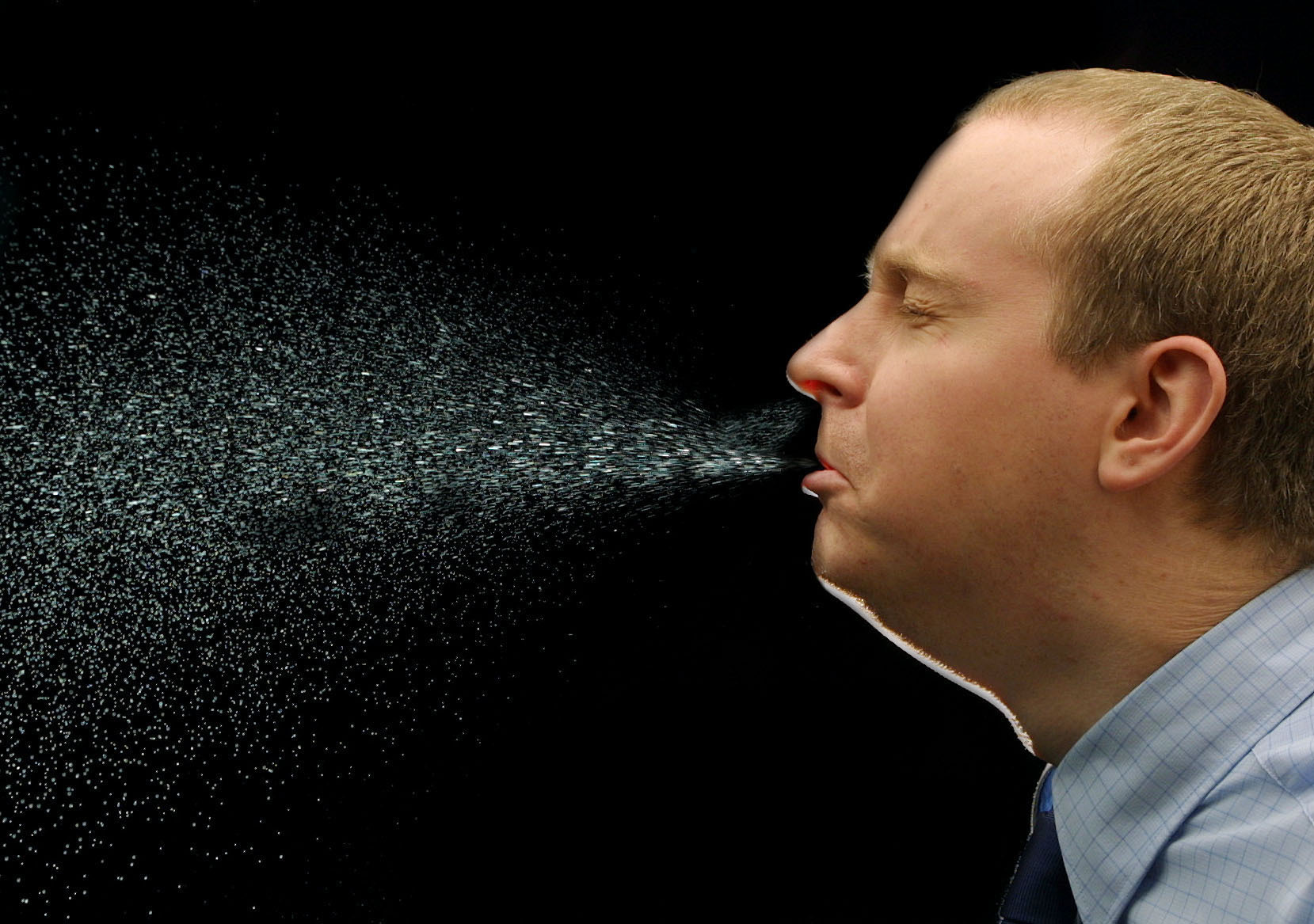
THE much-debated phenomenon of “man flu” may have some basis in fact, researchers have said.
A Canadian study was carried out to determine whether men really do experience worse symptoms than women or whether it is just a myth.
Dr Kyle Sue, a clinical assistant professor at Memorial University of Newfoundland, suggested men may not be exaggerating symptoms but have weaker immune responses to viral respiratory viruses.
In what is thought to be the first study of its kind, he analysed relevant research and found evidence that adult men have a higher risk of hospital admission and higher rates of influenza-associated deaths compared with women, regardless of underlying disease.
Men are also more susceptible to complications and higher mortality from many acute respiratory diseases, while some evidence supported men suffering more from viral respiratory illness than women because they have a less robust immune system.
Writing in the BMJ, Dr Sue argued the concept of man flu, as commonly defined, was potentially unjust and further research was needed.
“Men may not be exaggerating symptoms but have weaker immune responses to viral respiratory viruses, leading to greater morbidity and mortality than seen in women,” he writes.
He said there may actually be an evolutionary benefit to a less robust immune system, as it has allowed men to invest their energy in other biological processes, “such as growth, secondary sex characteristics, and reproduction”.
No scientific study has ever been carried out before to determine whether the term man flu is appropriate or accurate.
Dr Sue added: “Lying on the couch, not getting out of bed, or receiving assistance with activities of daily living could also be evolutionary behaviours that protect against predators.
“Perhaps now is the time for male-friendly spaces, equipped with enormous televisions and reclining chairs, to be set up where men can recover from the debilitating effects of man flu in safety and comfort.”

Enjoy the convenience of having The Sunday Post delivered as a digital ePaper straight to your smartphone, tablet or computer.
Subscribe for only £5.49 a month and enjoy all the benefits of the printed paper as a digital replica.
Subscribe